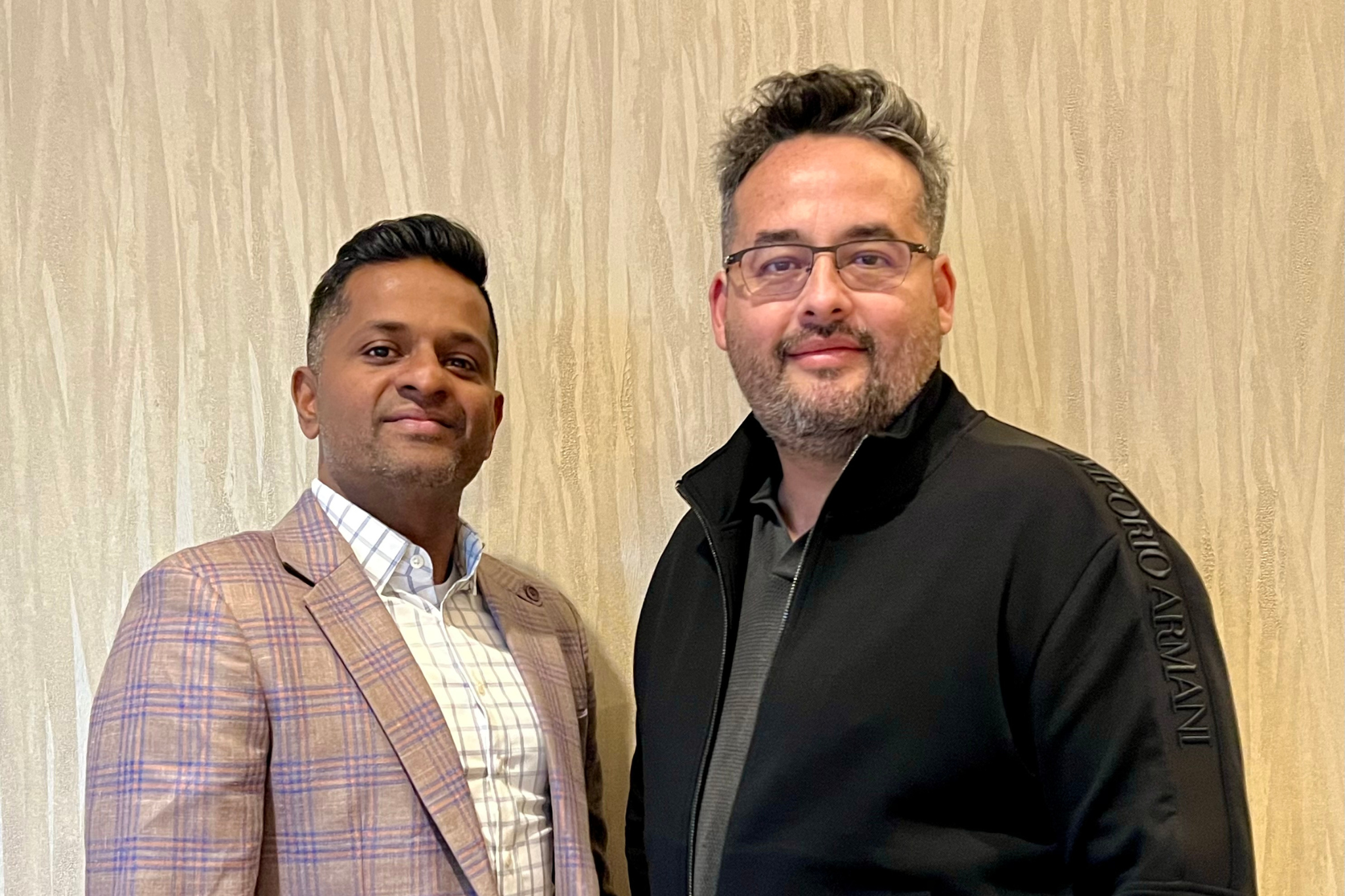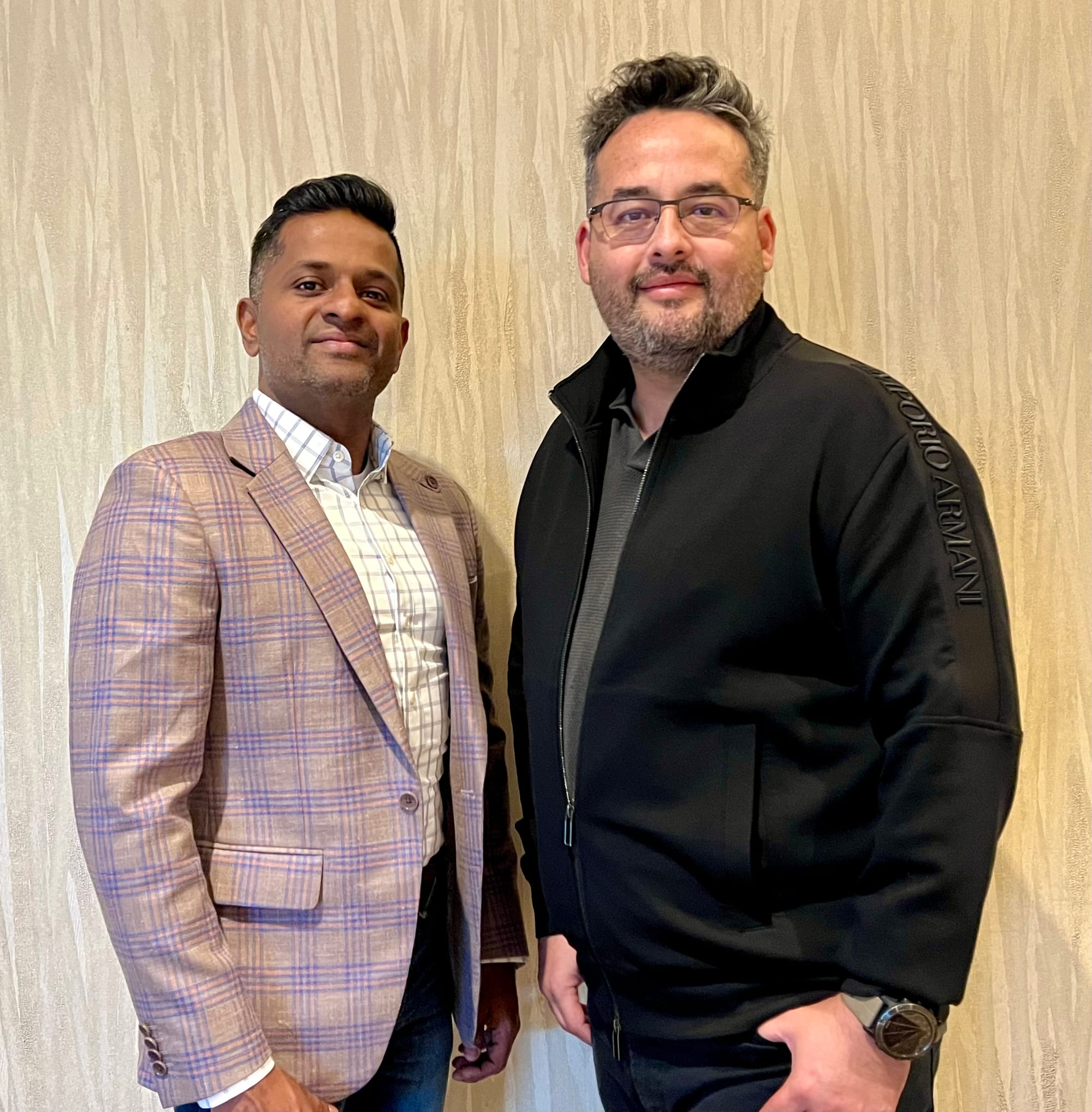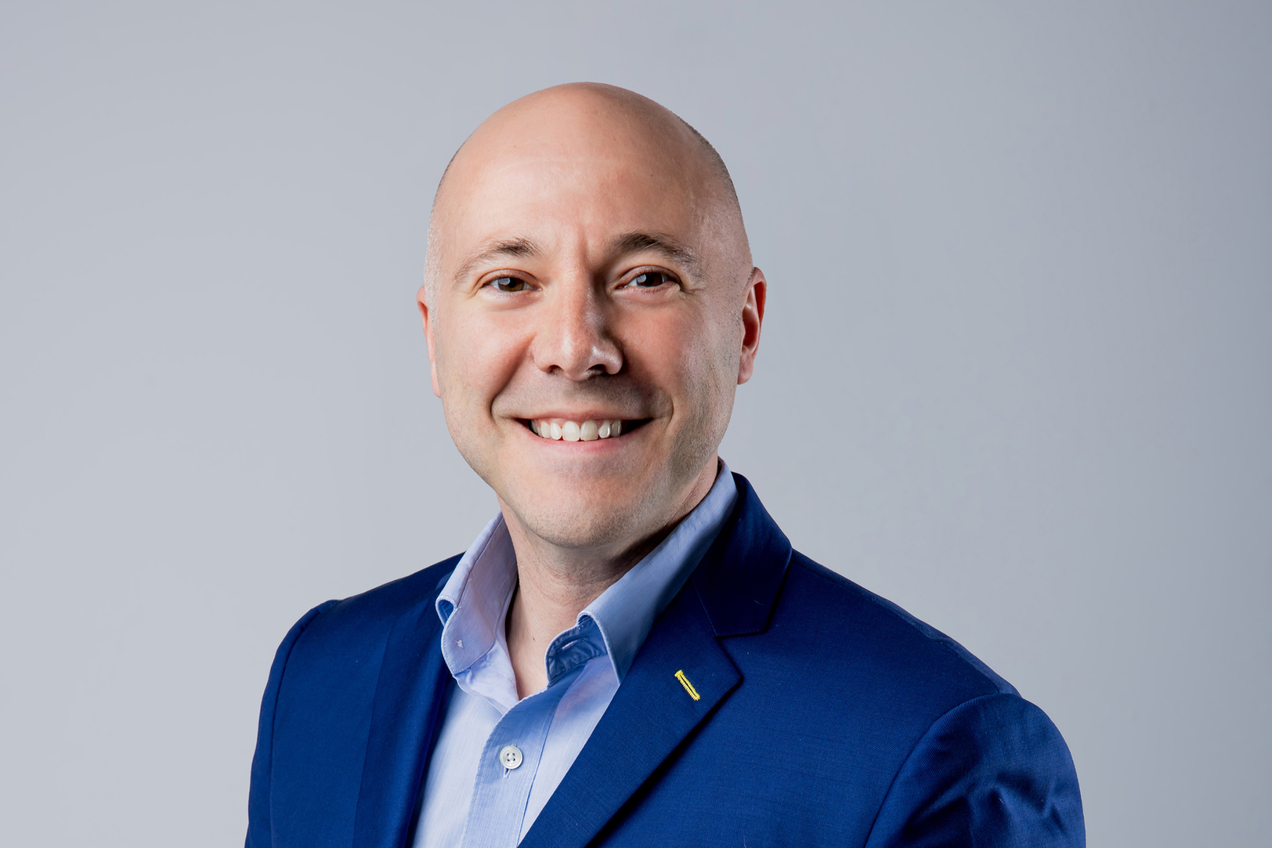
Luis Gonzalez to utility execs: use AI to empower the human side of community all around the world
The ESC team is onsite in Austin, Texas this week for Oracle Energy & Water’s(Opens an external site)Customer Edge 2024(Opens an external site). As people rush by to reg, I was lucky enough to catch some time with Luis F. Gonzalez(Opens an external site), Chief Data & AI Officer with AboitizPower(Opens an external site), an energy solutions company based in Singapore, one of ESC’s new and valued client partners.
Kathleen: How deeply do you feel AboitizPower’s(Opens an external site) mission statement personally? I've been digging around on y'all's website, and I was struck by its human-centered concepting—focusing energy on humanity and community.
Luis: For years now, I’ve been on a personal mission demonstrating how software can transform the energy industry, and that mission statement really parallels my thinking. Aboitiz Power has collected a group of real innovators looking to make that mission statement a true reality. Our plans for the Philippines shows that concepting in action. We’re going take a big leap to help development—for the country and the people. We’ll push from decades of underinvestment in technology to the latest tech, with the opportunity to redefine the business under a new paradigm and hence have the opportunity to transform. But, in the end, it’s all about the families at the end of the distribution chain: How do we help them? How do we make their lives better?
Kathleen: How do you feel the partnership between your company and ours helps fulfill that human-centric mission statement moving forward?
Luis: For ADI—ADI is a sister company of AboitizPower, both under the umbrella of Aboitiz Equity Ventures—partnering with companies that can execute change and have experience in implementation in multiple markets is absolutely critical to make a real difference for those end-users, to make that mission statement a real reality. As we are looking to bring software know how and market understanding to the Philippines especially—and to develop a best practices model for the energy industry—ESC was the smart choice. Your company’s experience in the country makes ESC an ideal partner to innovate with. We’re excited about possibilities.

Kathleen: We’re sitting down at Oracle’s Customer Edge which has a focus on AI this year, and you have AI right in your job title. So, give us your take: How do you feel AI can adapt/change/evolve the energy business?
Luis: AI can help manage complexities that are now exceeding our ability for operating power systems—from the plant to the grid and on down the chain to that final end-user. If we make those complexities less so—of we make things more efficient and flexible—we should be making it all easier (and cheaper) for those people at the end of the switch. That’s empowering—both individually and in a sense of community. Further down the road, we can use AI to gamify energy use and pricing as well, continuing that constant adaptation. The flexibility of AI can also help us adapt to the pressures of climate change, retail contestability, and the ongoing energy transformation. It has so many possibilities to change this industry.
Kathleen: And, as Oracle shows have been for the last decade, there’s a real eye on sustainability here at Edge this year. What advice would you give to utility executives here at the show—and beyond the show—about incorporating sustainable practices into their business? Is there a top area to focus on?
Luis: AI can help in three key areas of the process of sustainability--namely monitoring, forecasting, and Intervention. First, AI can help prep data sets and host the right data architecture to monitor emissions as well as credits. Second, it can narrow forecasting windows while, conversely, expanding optimization, and, finally, it can assist with intervention with intelligent controls for both emissions and operations—especially with the complexities for compliance management that will require ever-increasing adaptability.
Kathleen: Is AI thinking the gamechanger for our energy transition globally? Is there something more pressing? Are there items we need to work on along with AI in a package?
Luis: In my experience, data maturity is always harder than algorithmic proficiency. I think our most pressing issue is the ability to understand technical debt and define the right data roadmaps (Including governance, processing, enrichment)—along with the development of our organizational ”data muscle,” which will give us strategic optionality to engage and invest in the right solutions exactly when needed.
Kathleen: All of our discussion here has really centered around that AboitizPower mission statement and the concept of human-centric technology. How do you explain human-centric AI to colleagues? To your community? To the stakeholders you need to influence to help you make it happen?
Luis: Human AI centric is a design principal of crafting models with human engagement at its very core. Think of it as cognitive enhancement and support instead of simply automation; we sometimes refer to it as symbiotic. This forces a more human-centric approach where we, hopefully, anticipate the right collaboration for solutions. This also transforms most AI programs into learning programs as well—allowing us to have humans in the loop for inference controls and to facilitate adoption. In our company we employ behavioral psychology together with AI design in our applied research and algorithmic development.
Kathleen: You advocate for an open-source approach to language models, AI and beyond. Why is open source so important, and how are you bringing that advocacy to Edge this week?
Luis: In spite of the cybersecurity challenges that open source represents, the benefits outweigh the risks. We have to progressively advance the development of learning algorithms, and the research and applications community benefits greatly from the innovation that an open source brings. The reduction of patents and IP controls from a very few organizations has improved the democratization of AI and access to knowledge for anyone with internet and a GitHub repository. To me, this will be a key factor for driving further know how to change inequality in key sectors like energy.
Kathleen: What are you hoping to learn this week at Edge, and who are you most looking forward to learning from?
Luis: I am really looking forward to seeing the stage of development for medium and small utilities—their personal customer journey (with Oracle), as well as their end customers’ journeys and the lessons we can learn from that. The show will be full of innovation, education, and drivers of change who I am looking forward to connecting with. I am also keen to get a better understanding of the challenges that the more mature energy markets like North America are dealing with. Blending all that know-how across a global network will help me personally, AboitizPower, and our upcoming work with ESC. It will always take a village to drive the change we need to create in our industry.
Read more of Luis’ data-based industry thinking with this CIO article on AI Incorporating AI in Business (cioreviewapac.com)(Opens an external site in a new window) & his blog on working with digital twins (on the AboitizPower website: Digital Twin Fuels the Future of Power Generation (aboitizdatainnovation.com)(Opens an external site in a new window).
(The article was originally published by Kathleen Wolf Davis on ESC Partners.)


